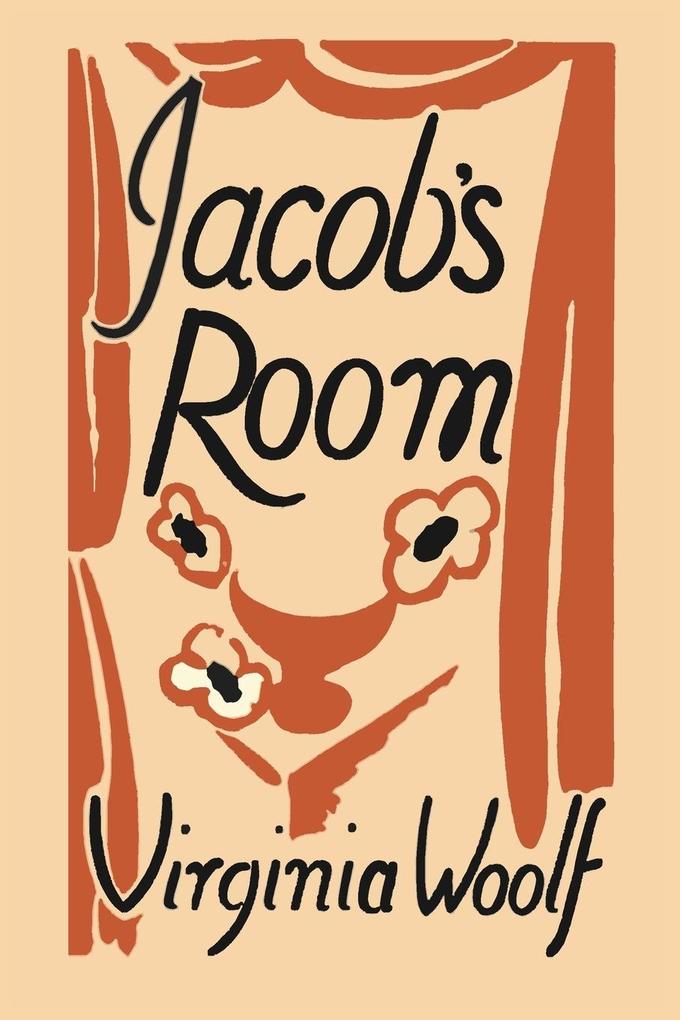
Zustellung: Fr, 03.01. - Di, 07.01.25
Versand in 6 Tagen
VersandkostenfreiBestellen & in Filiale abholen:
2013 Reprint of 1949 Edition. Exact facsimile of the original edition, not reproduced with Optical Recognition Software. "Jacob's Room" is the third novel by Virginia Woolf, first published on 26 October 1922. The novel centers, in a very ambiguous way, around the life story of the protagonist Jacob Flanders, and is presented entirely by the impressions other characters have of Jacob (except for those times when we do indeed get Jacob's perspective). Thus, although it could be said that the book is primarily a character study and has little in the way of plot or background, the narrative is constructed as a void in place of the central character, if indeed the novel can be said to have a 'protagonist' in conventional terms. Motifs of emptiness and absence haunt the novel and establish its elegiac feel. Jacob is described to us, but in such indirect terms that it would seem better to view him as an amalgamation of the different perceptions of the characters and narrator. He does not exist as a concrete reality, but rather as a collection of memories and sensations. The work is seen as an important modernist text; its experimental form is viewed as a progression of the innovative writing style Woolf presented in her earlier collection of short fiction titled "Monday or Tuesday." (1919).
Mehr aus dieser Reihe
Produktdetails
Erscheinungsdatum
18. Dezember 2013
Sprache
englisch
Seitenanzahl
178
Reihe
Oxford World's Classics
Autor/Autorin
Virginia Woolf
Verlag/Hersteller
Produktart
kartoniert
Gewicht
268 g
Größe (L/B/H)
229/152/10 mm
Sonstiges
Paperback
ISBN
9781614275534












